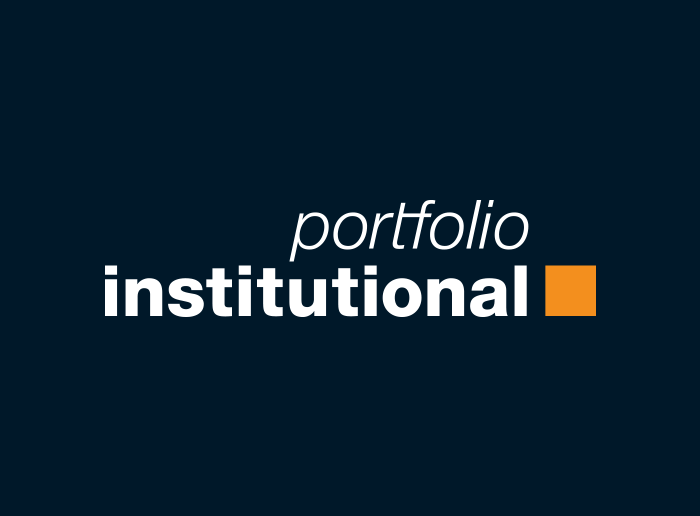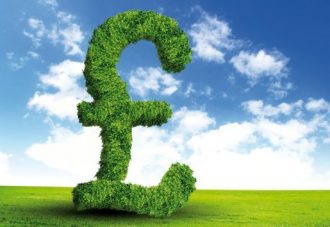Responsible investing is not what it used to be. Gone are the days when ethically-minded investors simply sought to avoid companies selling guns, drilling for oil or distilling vodka.
Today, these people are using their cash to make an impact. Rather than avoid certain industries they want to help build a better world by supporting companies that are working to make a difference.
So ethical investing has evolved into environmental, social and governance (ESG) standards, which promote transparency, health and safety, diversity, protecting the planet and eradicating poverty.
Such standards are believed to improve risk management in portfolios and could generate sustainable, long-term returns.
We asked our panel of ESG experts what they are expecting to see in this market in the next 12 months. Here are some of the replies we received.
CLIMATE CHANGE
Climate change is likely to remain at the forefront of ESG-focused investors’ minds in 2018 and Newton Investment Management expects to see more and more companies challenged on this issue.
“It is not just public companies which are being held to account on this topic, but investors themselves are also being challenged to disclose what they are doing in terms of identifying and taking action on climate-related risks and opportunities,” says Rob Stewart, Newton Investment Management’s head of responsible and charity investment.
“We have received a number of client and prospect queries on this matter, and this year, for the first time, asset owners will be asked in the PRI’s annual survey to disclose how they are integrating climate thinking into their strategies.”
Invesco Perpetual is another firm that believes the topic will remain in the headlines this year.
“From climate aware funds to carbon foot printing to climate resolutions, to public commitments on divestment or investment; climate change as an investment topic has become almost as common as corporate governance,” Cathrine De Coninck-Lopez, head of ESG at Invesco Perpetual, says.
She points to commitments made by several investors at the Macron Summit in Paris in December to divest from carbon intensive oil and coal as one reason keeping this subject on the agenda. Other catalysts include companies committing to the Task Force on Climate-related Financial Disclosures (TCFD), with suggestions (but no firm evidence) that eventually this could become a legal requirement as part of European non-financial disclosures.
“Separately, local governments and cities have signed the ‘One Planet Charter’, committing to procuring green technology and energy,” De Coninck-Lopez says.
“Related to this, the European Bank for Reconstruction and Development, among others, has committed to increase financing to help facilitate this transition. In addition, in the UK, we have seen local authorities targeted by NGOs with a public register of those with the greatest fossil fuel investments.”







